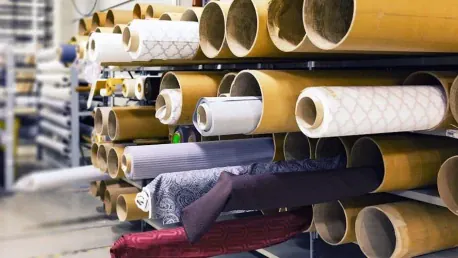Amid ongoing strained bilateral relations with India, Bangladesh, which is the world’s second-largest garment producer, has opted to reroute its textile exports through the Maldives to better manage its supply chain and ensure timely delivery of cargo. This strategic shift potentially affects India’s seaports and airports by reducing their cargo income opportunities and could hinder cross-border trade and collaboration on infrastructure and logistics projects between the two nations. Furthermore, it poses a threat to India’s earnings from port and transit fees associated with Bangladeshi goods, adding another layer of strain to the already tense economic relations.
The textile sector in Bangladesh is a significant contributor to its economy, accounting for 13% of the country’s GDP and making up 80% of its exports. Experts recommended the rerouting decision to help avoid delays frequently encountered at Indian airports. By using the Maldives Airports Company Ltd’s sea-to-air transshipment service, Bangladeshi textiles are shipped by sea to the Maldives and then flown to international markets. This complex logistics solution demonstrates Bangladesh’s adaptability and resilience in maintaining its export efficiency under challenging regional trade dynamics.
Impact and Future Implications
In light of ongoing strained relations with India, Bangladesh, the world’s second-largest garment producer, has decided to reroute its textile exports through the Maldives to better manage its supply chain and ensure timely cargo delivery. This strategic change impacts India’s seaports and airports, potentially decreasing their cargo income and hampering cross-border trade as well as infrastructure and logistics collaborations. Additionally, it jeopardizes India’s earnings from port and transit fees linked to Bangladeshi goods, further straining their already tense economic relations.
Bangladesh’s textile sector is a critical part of its economy, contributing 13% of its GDP and constituting 80% of its exports. Experts advocated the rerouting to avoid delays common at Indian airports. Utilizing the Maldives Airports Company Ltd’s sea-to-air transshipment service, Bangladeshi textiles are sent by sea to the Maldives and then flown to global markets. This intricate logistics solution highlights Bangladesh’s adaptability and resilience in maintaining export efficiency amid challenging regional trade conditions.









